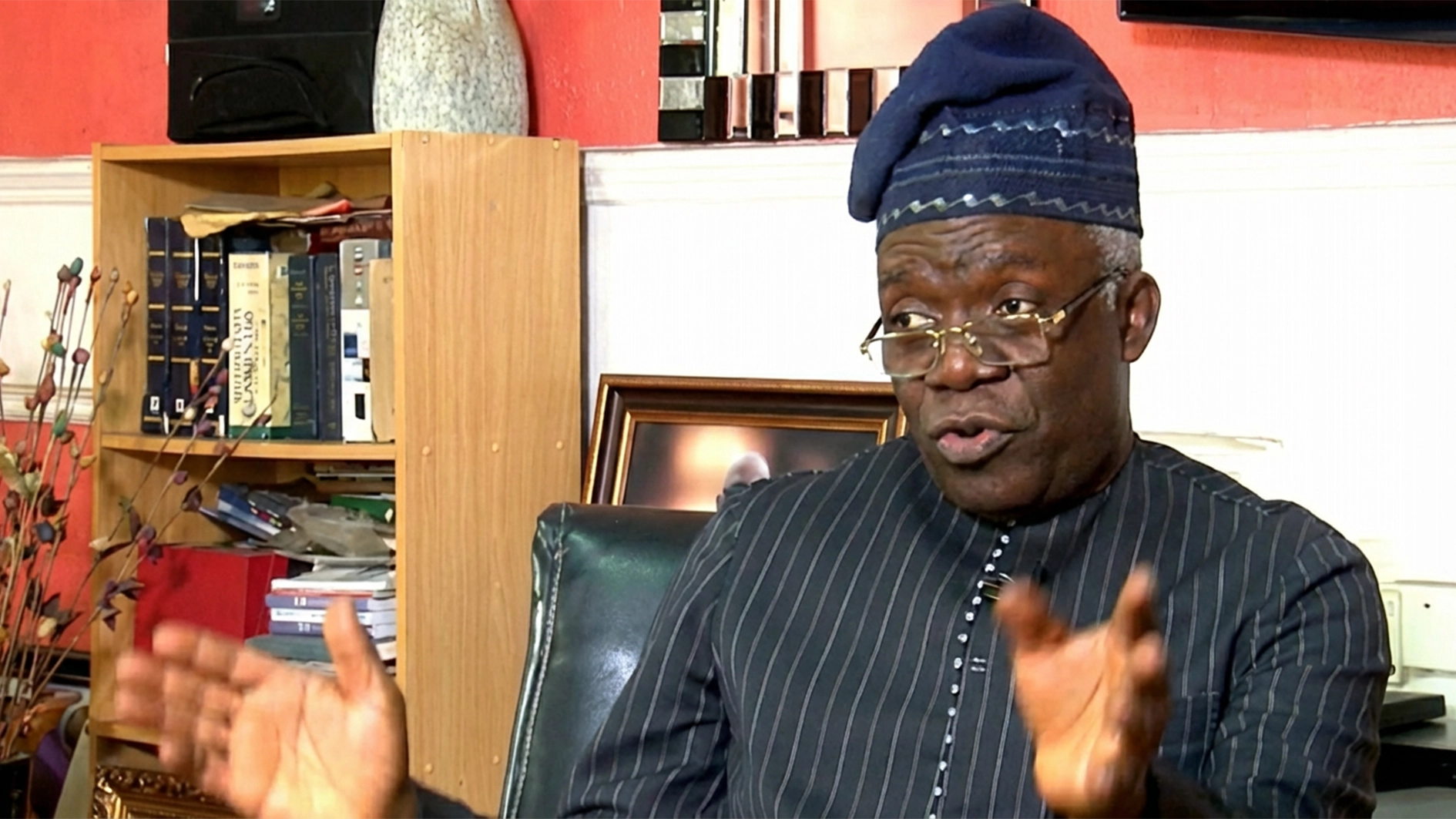The Association of Ebonyi Indigenes Socio-Cultural in the Diaspora (AEISCID) has distanced itself from a protest by a group claiming to represent Ebonyi youths, who recently demanded an apology from Arise Television anchor Rufai Oseni following his on-air exchange with the Minister of Works, Senator David Umahi.
In a statement issued in Abuja and signed by AEISCID President Ambassador Pascal Oluchukwu, the association described the protest as “unrepresentative” and said the demonstrators did not reflect the views or values of Ebonyi people at home or abroad.
Oluchukwu urged young people from the state to remain focused on their aspirations and to avoid being drawn into confrontations aimed at undermining press freedom or public accountability. He said the media plays a constitutional role in holding government officials to account and that such scrutiny should not attract hostility or intimidation.
He noted that the Arise Television interview, during which the anchor questioned Umahi on the cost of federal road projects, was consistent with the duties of the press as outlined in Section 22 of Nigeria’s 1999 Constitution, which mandates the media to hold government accountable to the people.
“Questions about public expenditure, including the cost of major infrastructure projects, are part of the transparency expected in democratic governance,” the statement read. “Public officials are expected to engage such questions with clarity and respect for the principle of accountability.”
AEISCID expressed concern that the protest against Oseni could discourage open dialogue and media scrutiny, warning that such acts, if unchecked, may erode democratic values. The group reaffirmed its belief that press freedom and civic responsibility remain essential to good governance.
The association also urged relevant regulatory and professional bodies, including the Nigerian Broadcasting Commission (NBC) and the Broadcasting Organisations of Nigeria (BON), to remain vigilant in defending the rights of journalists to question public officials without fear of reprisal.
Oluchukwu said Ebonyi people are known for their integrity, hard work, and commitment to fairness, and should not be associated with intolerance or hostility towards the media.
“Ebonyi State has produced citizens who value truth and diligence. We must continue to uphold those ideals by encouraging constructive engagement rather than confrontation,” he said.
He also called on Minister Umahi to maintain the decorum befitting his office and to respond to public questions with transparency and civility, stressing that such an approach would enhance his credibility and that of the ministry he leads.
The group reaffirmed its commitment to advocating for justice, good governance, and the collective dignity of the people of Ebonyi, both within Nigeria and in the diaspora.






